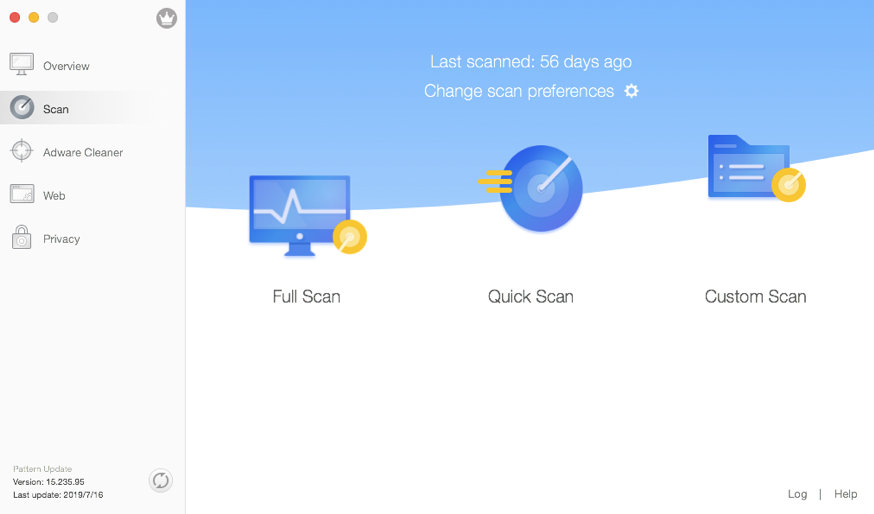
Safari Viruses: One major threat to Safari users is a piece of malware known as Safari-get.
 Word Macro Viruses: Word macros are scripts that run inside Word, but macro viruses will actually log keystrokes or steal private information off the computer. The browser only allows the latest version of plug-ins like QuickTime, Java, and Silverlight. Safari Anti-Phishing: Safari, the default Mac browser, has anti-phishing technology built-in that detects fraudulent websites and blocks the page from loading. Sandboxing: Approved Apple applications are blocked from performing any actions that aren't approved by Apple.
Word Macro Viruses: Word macros are scripts that run inside Word, but macro viruses will actually log keystrokes or steal private information off the computer. The browser only allows the latest version of plug-ins like QuickTime, Java, and Silverlight. Safari Anti-Phishing: Safari, the default Mac browser, has anti-phishing technology built-in that detects fraudulent websites and blocks the page from loading. Sandboxing: Approved Apple applications are blocked from performing any actions that aren't approved by Apple. 
On a Mac, all updates happen automatically, keeping the system immediately up to date and patched whenever Apple identifies vulnerabilities.
Automatic Updates: Unlike Windows computers where users can either slow down or even entirely disable updates. Xprotect: Whenever you attempt to open an application, Mac's Xprotect tool automatically scans the application to see if it's on Apple's list of known malicious software. However, users can bypass this protection by holding down the Ctrl key when opening the app. Approved Software: You aren't allowed to install applications on your Mac that haven't already been approved by Apple and are digitally signed. File Checking: Whenever you attempt to download a file to your Mac, the Mac operating system scans the file for malware.








